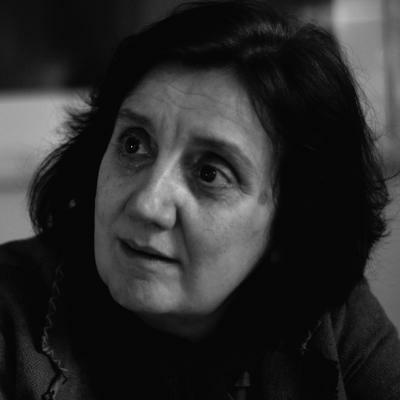the search for the deep self |
||

|
|
The piece is called The Search for the Deep Self. My own community is my starting point. However everything that has ever happened in the world began with a single person responding to their situation. This connection of the personal with the wider community is also something I want to make visible and explore. What I mean by this is probably best explained by telling the story of Bill Wiseman. Wiseman was the American politician who invented the lethal injection. This is now the most widely-used form of execution in the USA. He described his reasons for getting involved with politics, a decision that ultimately led him to making this invention in the following way. ‘I thought I could be very competent as a legislator. Secondly I liked the idea that it gave me an identity. I have always lived in the shadow of my father, and it would be a chance to take all these ideas I have on ethics and moral behavior and do something about them.’ With this as his intention, Wiseman became a successful member of the Oklahoma legislature. He loved his job both for what he was able to do for his community and because he enjoyed the sense that it gave him of being someone. During his time in office the question of capital punishment was debated. At the time no politician who was opposed to the death penalty could hope to retain their seat. Although Wiseman didn’t believe in the death penalty, he voted for it. Furthermore, in order to assuage his conscience, he concocted the formula for the lethal injection together with a friend, who, like Wiseman, had no medical qualifications or experience. It was their intention to make execution as painless as possible. Ironically, removing, ‘the stench and pain’ of execution meant far more people were executed than previously. Over and over again people tried to warn Bill Wiseman this is what would happen. He said of himself at this time, ‘I must admit, staying in office became my top priority. I had an identity, a mission, and all kinds of recognition. Anything that would threaten that would strike a dark hidden terror.’ At the time I first read about Bill Wiseman in 2006 eight hundred people had been executed using the lethal injection. Wiseman says he feels partly responsible for every one of those deaths. Bill Wiseman describes living in the shadow of his father and the dark terror he fled from in his bid to remain in power. The sense of self he got from being someone was more important than his pangs of conscience; more important too than the warning voices of campaigners and friends. It was so important, in fact, that many have died and will still die as a result of it. Bill Wiseman has since recanted from this position and become a dedicated member of the lobby fighting to outlaw the death penalty. He lost his seat on the Oklahoma legislature precisely because he took this stand. His first course of action was driven by his fear of his own darkness. It led him to act against his principles and cause great harm. It gave him a sense of identity but it was a phantom self, a self that led to him betraying both who he truly wanted to be and the community he was there to serve. I am interested in the phantom self that he was and the deep self he became, the self that was able to face his hidden terrors, renounce power and act out his deeper values. Explaining his change of heart he said, ‘I am opposed to the death penalty because of what it does to us – not what it does to the person who dies. That’s what it is all about. How it changes and identifies us as a society when we make a corporate decision to take a life. All that stuff about how it’s incompetent and unfair, that’s all very interesting but, but it’s not the point. The point is we must not do it because it eats away at our soul.’ Bill Wiseman died in a plane crash in 2007. I am shaken by the reality of the power of our own inner struggles when they are unchallenged and unmet. I am shaken too by their power to cause ourselves and others harm. I am also heartened by the possibility that individuals have to face those challenges and become their deeper self with all the blossoming that ensues. This is what it means for me to say that the personal is political. It is the willingness to engage in this process, something I believe happens over and over again in a person’s life, something that can never be completed, that lies at the core of life and my search for meaning. Deborah Ravetz Concerning collaborationThe longer I lived in Stourbridge, the more people I met who were also trained artists. The idea that our friendships might result in a mutual releasing of potential became an essential part of my work. Jane’s involvement in this project and our growing relationship are are an unexpected gift. Deborah Ravetz To explore the site click on the words below, or follow this link to go directly to the gallery of stories. |
home • the stories • comment • events • contact |
||